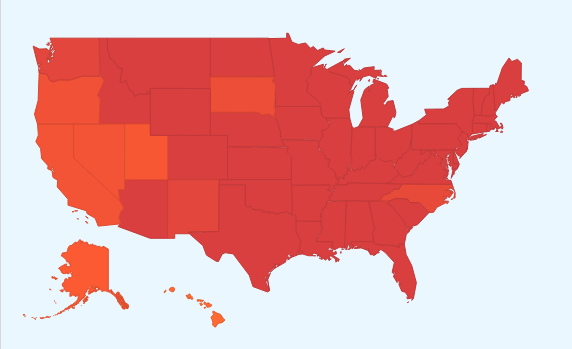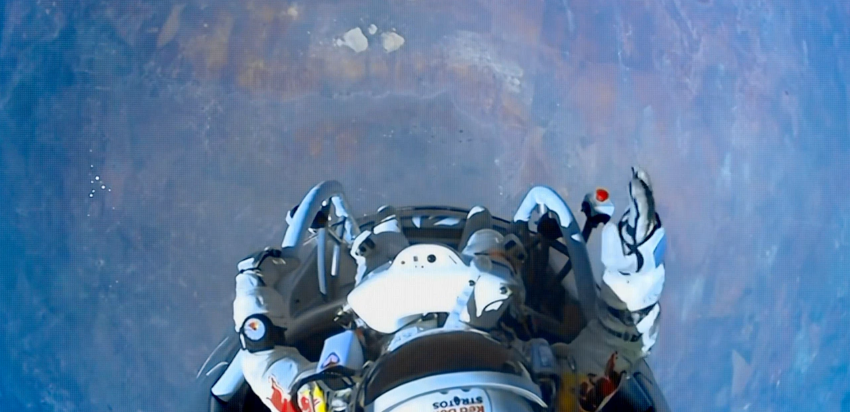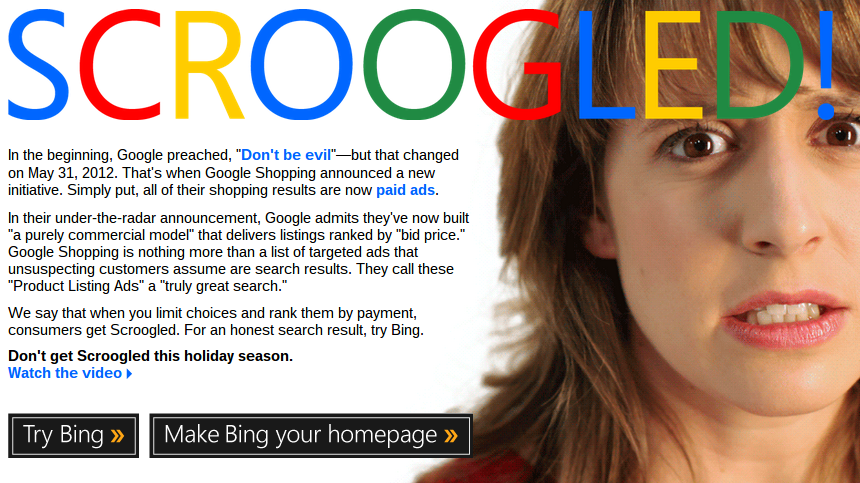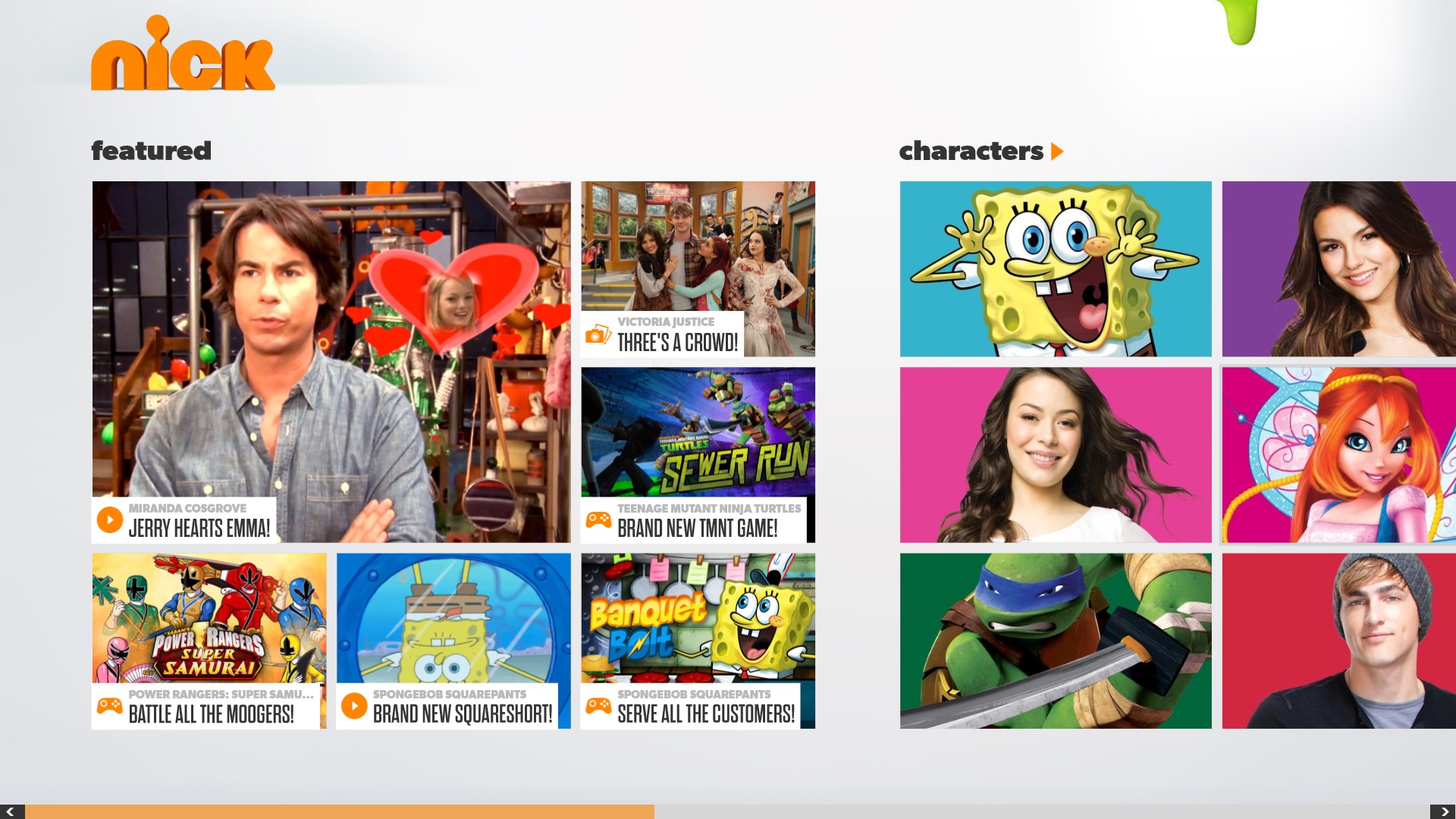
Four things that Microsoft needs to fix in Windows Phone 8
Coming from Android or iOS, Windows Phone 8 is an eye-opening smartphone operating system. It sets the bar pretty high when it comes to looks and performance -- the design is simply beautiful and refreshing, and the software responsive and fluid -- but it never really manages to outshine its main rivals. After living with the HTC Windows Phone 8X for a while, I can't help but notice glaring oversights in an otherwise solid proposition. The package is not complete.
You see, being pretty and going fast does not cut it among the fierce world of Android and iOS. Microsoft needs to take a good look around and take charge by solving the shortcomings of Windows Phone 8. Fact is, it's easy to pick faults with the immature app selection, like many journalists do, but that's more of a chicken and egg problem. What the software giant has to do is build on the current platform by offering better basic functionality, functionality that's necessary for a greater user experience.

Show your love for Bing by breaking up with Google
For Valentine's Day, Microsoft shoots Cupid's arrow elsewhere. Rather than promote the relationship you have, the company cajoles you to seek new love. The marketing campaign deliciously delights. C`mon, who promotes breakups for V Day?
"This year Bing is challenging people to reconsider their search habit and break up with Google", Microsoft suggests in a statement. "You wouldn’t keep dating someone who isn’t trustworthy, so why use a search engine known for serving its interests over your own? In fact, a whopping 85 percent of people report that trustworthiness is the most important trait in a mate, beating out good in bed, sense of humor and wealth".

Google shares rise on 2012 results
Investors rewarded Google today, pushing shares up close to 6.5 percent soon after the opening bell and staying in that range. At 12:09 PM EST, the stock traded at $748.23, up 6.45 percent. Google opened at $735.83, up from yesterday's $702.87 close.
After the closing bell, on January 22, Google delivered fourth quarter and 2012 results that clearly satisfy someone. For the year, Google revenue reached $50.18 billion, up 32 percent from $37.9 billion in 2011. Motorola contributed $4.14 billion. Net income: $10.74 billion or $32.81 earnings per share. Average analyst consensus was $41.41 billion revenue and $39.73 earnings per share. Oh, the wiles of investors. Yearly EPS missed the Street, as it did for the quarter.

Google Q4 2012 by the numbers -- $14.42B revenue, $8.62 EPS
Today, I formally begin covering Google earnings, as I have done for Microsoft (a decade) and Apple (about six years). This first report won't be as thorough as the others, as I get my head around the financials, which share little in common with APPL and MSFT other than money. Today's earnings announcement is refreshing respite from third quarter's, when an incomplete press release pushed out early and while the market was open.
For calendar fourth quarter, revenue rose 36 percent to $14.42 billion, year over year; net revenue, excluding Traffic Acquisition Costs, was $9.83 billion, up from $8.13 billion. Net income climbed to $2.89 billion up from $2.71 billion. That's $8.62 earnings per share, including costs associated with discontinued operations. Operating income was $3.39 billion, down from $3.51 billion year over year.

Google tracks the flu and the news is not good
This is not the first year that Google has tracked the spread of the flu, but it may be the worst, from what the search giant's tracker is showing. Speaking for BetaNews, if I can, we have certainly felt the flu's effects so far this season, and we are spread out across the world, so that alone is telling.
The Google Flu Trends for the 2012-2013 season shows an alarming swing, with the graph heading steeply in the up direction beginning in early November and skyrocketing from there. In fact, most of the 50 states are now depicted in red -- 42 red versus 8 in orange. And orange is not much better.

The FTC is right, Google isn't a dangerous monopoly
The US Federal Trade Commission decision to close the Google "search bias" investigation is absolutely in the best interest of consumers. On that point, I agree with agency Chairman Jon Leibowitz, who announced the findings during a January 3 press conference. The result isn't what many Google critics or competitors hoped for, or even what some in the news media expected. Journalists repeatedly probed on the investigation's closing during yesterday's Q&A. Many people view Google to be a monopoly, perhaps dangerous one, while others regard the search giant increasingly as gatekeeper to the Internet.
In response to journalist questions, Leibowitz said that anyone in his position wants to take on the career-making case, which inference is clear: Google isn't it. "The Commission exhaustively investigated allegations that Google unfairly manipulated its search engine results to harm its competitors, a practice known as search bias", he said yesterday. "The Commission has closed this investigation by a 5-0 vote", which is unanimous, by the way. The decision fits long-standing US legal principles about competition and protecting consumers. Perhaps the government learned lessons from its monopoly case against Microsoft, which, as I previously asserted, failed to achieve its goals.

AstroGrep is a Windows search tool that should appeal to just about everyone
Are you tired of the standard Windows search tool? You’re not alone. Its indexing component is difficult to control, and uses too many resources; we’ve found the index can become corrupted for no apparent reason; and filtering the results just isn’t as easy as it needs to be.
Fortunately there are plenty of interesting alternatives around, and AstroGrep is one of the best: compact, powerful yet also simple to use, it’s a search tool which should appeal to just about everyone.

What are the terms of Google's FTC settlement?
Earlier today, the US Federal Trade Commission announced closing its search bias antitrust investigation into Google. Chairman Jon Leibowitz says the nearly 20-month investigation "does not support a claim" and that commissioners reached a unanimous decision. However, they did find that Google caused consumer harm by pursuing patent litigation started by its Motorola Mobility subsidiary, and the search giant voluntarily made business practice changes affecting its core business.
Many competitors will find the FTC's decision to close the core antitrust investigation as little more than a slap on the wrist. However, Leibowitz contends that the agreement protects consumers and that commissioners found no overt search bias. In fact, the agency found the the most disturbing alleged practices are commonplace among other search providers, mitigating any potential consumer harm.

Google settles with the FTC
During a press conference early this afternoon, the Federal Trade Commission announced a sweeping settlement with Google that ends an ongoing antitrust investigation. But Google's legal woes aren't over. The European Union has set an imminent deadline for settlement there that otherwise will lead to sanctions. Still, on these shores, the search and information giant got a big pass today that is sure to send competitors howling (as some, Microsoft among them, did before today's agreement).
FTC Chairman Jon Leibowitz announced the settlement from the agency's Washington, D.C. headquarters. He describes the nearly 20-month investigation as "exhaustive", collecting "nine million pages of documents". The big claim against Google: That the company favors its own services over others -- so called "search bias". Leibowitz says the investigation "does not support a claim" and commissioners voted unanimously to close it. That said, Google agreed to stop scraping content from partners, such as Yelp, and to end contractual obligations that impede small businesses.

HeyDoc! cures the bugs
Last month we took a look at SD Software’s HeyDoc!, a very capable tool which can track just about every aspect of your entire family’s medical history: appointments, medicines, diet, symptoms, weight, blood pressure, it’s all included.
As we also reported, though, HeyDoc! had one notable issue, in an error message that appeared on some systems whenever you selected a user profile. And so we were pleased to see that the developers had released HeyDoc! 1.8.5, in an effort to address the problem.

24 Google+ improvements are bigger than you think
If you're a heavy Google user, every day is like Christmas -- well, in 2012. Not a day goes by that the company doesn't release something new. Updates are relentless, with products in continual states of improvement. Today's touted 18 24 Google+ enhancements are examples. Editor's note: Hours after we posted, Google changed the number from 18 to 24. The approach is philosophical and corporate cultural and defies traditional software development cycles Apple, IBM, Microsoft, Oracle and others adopted long ago. The relentless releases is for stuff Google mostly gives away for free. Now why is that?
Years ago, I wrote several seething stories about perpetual Google betas (Gmail was 5 years, right?) and Microsoft somewhat mimicking the approach. (I can't find the stories this morning. If you can, please link in comments.) The search giant's work was never done, while competitors rolled major enhancements together made available all at once on long lead cycles (Hey, three years separate Windows 7 and 8 launches). Microsoft chooses the big blockbuster movie approach, which predicates a work largely done -- a story completely told. Google is the serialist, telling an ongoing story in a quick succession of releases. Which works better? You tell me.

Zeitgeist 2012: Google is the only site to get it right
We have seen top-10 lists now from Yahoo, Twitter and Facebook. Sure, all of them provided the raw data pertaining to the most-searched for and most-talked about products, events, people and more from the past year. Google, with it's popular Zeitgeist release, did the same. But the search leader took it one step further and, in so doing, was the real winner in this 2012 popularity contest.
Google provides perspective and emotion to raw, boring statistics and creates something that is appealing to basic human instincts. The company put together a video that will jog your memory, make you smile and bring a tear to your eye.

Google Shopping lies to consumers, Microsoft says
Microsoft's search engine Bing launched an aggressive information campaign against Google on Wednesday, accusing the leading search engine of dishonesty in its shopping search functionality.
Earlier this year, Google Product Search was renamed Google Shopping. This name change was no superficial affair because Google was completely changing the business model of the service. Under Google Shopping, only retailers who paid for product listing would turn up in search results.

Need better desktop search? Try DocFetcher
Windows Search has improved a lot in recent years: it’s faster, uses less resources, has more query options. If the technology still doesn’t deliver the searching power you need, though, it might be worth considering the open source, Java-based DocFetcher as an alternative.
The program’s advantages start with its indexing controls. Rather than crawling an entire drive without asking, DocFetcher allows you to choose what you’d like to search: a folder, an archive, even an Outlook PST file. And limiting scope this way helps to cut indexing time and improve the relevance of search results.

Best Windows 8 apps this week
Third in a series. Each week we are looking at the best apps released for Microsoft's new operating system Windows 8. Today, we introduce new information to the format that informs you about potential compatibility issues with Windows RT. As you may know, apps released in Windows Store are always compatible with Windows 8 and Pro, but not necessarily with Windows RT, the version running on ARM hardware, such as Surface.
Not compatible with Windows RT indicates this if so. We also take a look at application updates and if they introduce exciting new features, include updated apps in the list. This week that's for instance the case with the Google Search app, which not only becomes compatible with ARM systems but also introduces YouTube video playback with an update.
